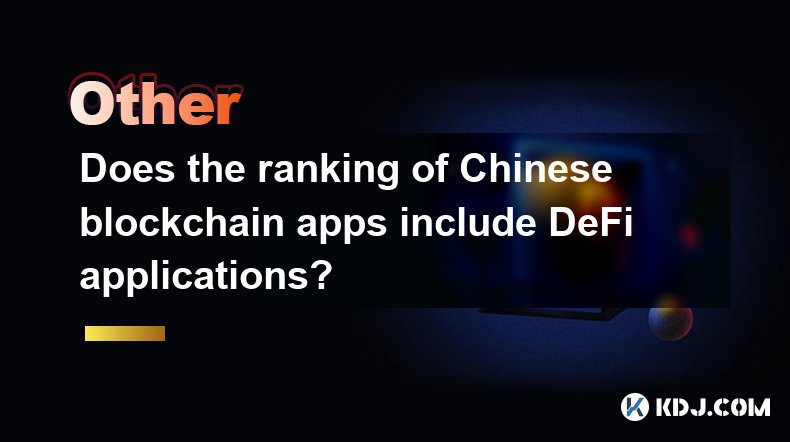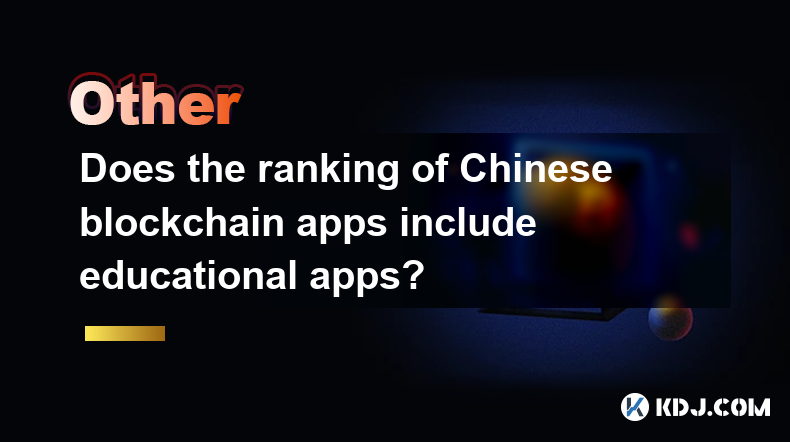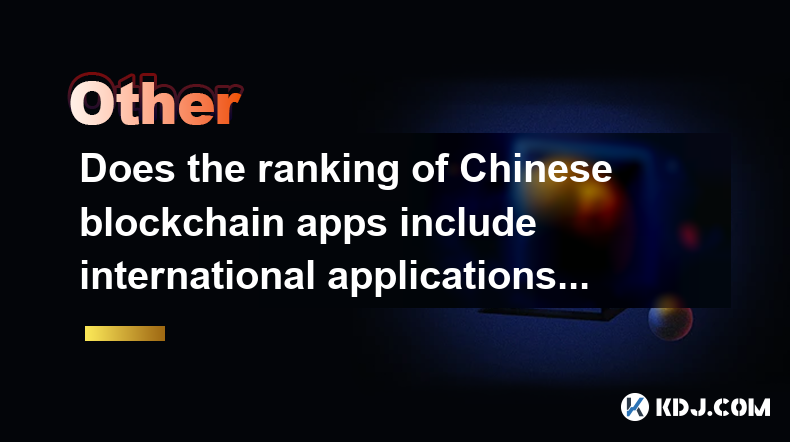-
 Bitcoin
Bitcoin $83,361.2562
-1.66% -
 Ethereum
Ethereum $1,586.1260
-2.74% -
 Tether USDt
Tether USDt $0.9999
0.02% -
 XRP
XRP $2.0836
-2.39% -
 BNB
BNB $578.5275
-1.11% -
 Solana
Solana $126.5625
-2.18% -
 USDC
USDC $0.9999
0.03% -
 TRON
TRON $0.2498
-0.65% -
 Dogecoin
Dogecoin $0.1534
-3.60% -
 Cardano
Cardano $0.6098
-4.22% -
 UNUS SED LEO
UNUS SED LEO $9.3150
-1.20% -
 Chainlink
Chainlink $12.2926
-3.17% -
 Avalanche
Avalanche $18.8257
-6.65% -
 Stellar
Stellar $0.2360
-2.18% -
 Toncoin
Toncoin $2.8628
-1.98% -
 Shiba Inu
Shiba Inu $0.0...01164
-2.82% -
 Sui
Sui $2.0845
-5.01% -
 Hedera
Hedera $0.1567
-5.10% -
 Bitcoin Cash
Bitcoin Cash $320.5351
-1.13% -
 Litecoin
Litecoin $75.1693
-3.11% -
 Polkadot
Polkadot $3.5221
-4.63% -
 Dai
Dai $1.0000
0.01% -
 Bitget Token
Bitget Token $4.2345
-1.90% -
 Hyperliquid
Hyperliquid $15.0548
-5.14% -
 Ethena USDe
Ethena USDe $0.9992
0.01% -
 Pi
Pi $0.6132
-17.60% -
 Monero
Monero $216.2032
0.99% -
 Uniswap
Uniswap $5.1834
-3.42% -
 OKB
OKB $52.6947
2.51% -
 Pepe
Pepe $0.0...07023
-4.90%
How to realize the benefits of smart contracts through blockchain technology?
Smart contracts on blockchain automate transactions, enhance security, and cut costs, revolutionizing industries like finance, supply chain, and real estate.
Apr 13, 2025 at 04:21 pm

The integration of smart contracts with blockchain technology has revolutionized the way transactions are executed and managed across various industries. Smart contracts are self-executing contracts with the terms of the agreement directly written into code. They run on blockchain platforms, ensuring transparency, security, and efficiency. In this article, we will explore how to realize the benefits of smart contracts through blockchain technology, focusing on their implementation, advantages, and practical applications.
Understanding Smart Contracts and Blockchain Technology
To fully appreciate the benefits of smart contracts, it's essential to understand their foundational components. Smart contracts are programs stored on a blockchain that automatically execute when predetermined conditions are met. Blockchain technology, on the other hand, is a decentralized ledger of all transactions across a network. When combined, these technologies create a powerful tool for automating and securing transactions.
The primary advantage of using blockchain for smart contracts is its decentralized nature. Unlike traditional contracts that rely on intermediaries such as banks or legal entities, smart contracts on a blockchain operate without any central authority. This reduces the risk of fraud and manipulation, as all participants have access to the same information and can verify the integrity of the contract.
Implementing Smart Contracts on Blockchain Platforms
To realize the benefits of smart contracts, one must first understand how to implement them on a blockchain platform. Here's a detailed guide on how to set up and deploy a smart contract using Ethereum, one of the most popular blockchain platforms for smart contracts:
- Choose a Development Environment: Start by selecting a development environment like Remix, an online IDE that supports Solidity, the programming language used for Ethereum smart contracts.
- Write the Smart Contract: Use Solidity to write the smart contract code. Ensure that you define the conditions under which the contract will execute and the actions it will take.
- Test the Contract: Before deploying, test your smart contract on a testnet to ensure it functions as intended. Tools like Truffle and Ganache can be used for testing.
- Deploy the Contract: Once tested, deploy the smart contract to the Ethereum mainnet. This involves using an Ethereum wallet like MetaMask to interact with the Ethereum network and pay the necessary gas fees.
- Interact with the Contract: After deployment, users can interact with the smart contract by sending transactions to its address on the blockchain.
Advantages of Using Smart Contracts on Blockchain
The use of smart contracts on blockchain platforms offers several significant advantages:
- Automation and Efficiency: Smart contracts automate the execution of agreements, reducing the need for manual intervention and speeding up processes. This is particularly beneficial in industries like supply chain management and real estate.
- Transparency and Trust: Since all transactions are recorded on the blockchain, they are transparent and verifiable by all parties involved. This builds trust among participants and reduces the likelihood of disputes.
- Cost Reduction: By eliminating intermediaries, smart contracts reduce transaction costs. For example, in financial transactions, the absence of banks and other financial institutions can significantly lower fees.
- Security and Immutability: Once deployed, smart contracts on a blockchain are immutable, meaning they cannot be altered. This ensures that the terms of the contract are enforced as written, providing a high level of security.
Practical Applications of Smart Contracts
Smart contracts have found numerous applications across various sectors. Here are some practical examples:
- Financial Services: In the financial sector, smart contracts can be used for automated lending, where loans are disbursed and repayments collected automatically based on predefined conditions. They can also facilitate peer-to-peer transactions without the need for a bank.
- Supply Chain Management: Smart contracts can streamline supply chain operations by automatically triggering payments upon the delivery of goods, ensuring that all parties adhere to the agreed terms.
- Real Estate: In real estate, smart contracts can automate the process of buying and selling properties. Once the conditions are met, such as payment verification, the property title can be transferred automatically.
- Healthcare: Smart contracts can be used to securely manage patient data, ensuring that only authorized parties have access to sensitive information. They can also automate the processing of insurance claims.
Ensuring the Security of Smart Contracts
While smart contracts offer numerous benefits, ensuring their security is crucial. Here are some steps to enhance the security of smart contracts:
- Code Auditing: Before deploying a smart contract, have it audited by experienced developers to identify and fix any vulnerabilities. Companies like OpenZeppelin provide such services.
- Use Established Libraries: Leverage established libraries and frameworks that have been tested and proven secure. For instance, using OpenZeppelin's contracts can help mitigate common security issues.
- Implement Access Controls: Ensure that only authorized parties can interact with the smart contract. This can be achieved through access control mechanisms like role-based access control (RBAC).
- Regular Updates and Monitoring: Continuously monitor the smart contract for any unusual activity and be prepared to update it if necessary. Tools like Etherscan can be used to monitor transactions and contract interactions.
Realizing the Benefits Through Integration with Existing Systems
To fully realize the benefits of smart contracts, they must be integrated with existing systems and processes. This involves:
- API Integration: Develop APIs that allow existing systems to interact with smart contracts on the blockchain. For example, an enterprise resource planning (ERP) system can be connected to a smart contract to automate invoice processing.
- Hybrid Solutions: Implement hybrid solutions that combine the strengths of traditional systems with blockchain technology. For instance, a company might use a blockchain for secure data storage while maintaining traditional databases for other operations.
- User Training and Adoption: Educate users and stakeholders about the benefits and operation of smart contracts. This can involve training sessions and the creation of user-friendly interfaces that simplify interaction with the blockchain.
Frequently Asked Questions
Q: Can smart contracts be used for all types of agreements?
A: While smart contracts are versatile, they are best suited for agreements that can be clearly defined in code and where all conditions can be objectively verified. Agreements that require human judgment or subjective evaluation may not be suitable for smart contracts.
Q: What happens if there is a bug in a smart contract?
A: If a smart contract contains a bug, it can lead to unintended consequences, such as the loss of funds. This is why code auditing and testing are crucial before deployment. In some cases, if a bug is discovered after deployment, the community may agree to fork the blockchain to reverse the effects of the bug.
Q: Are smart contracts legally enforceable?
A: The legal enforceability of smart contracts varies by jurisdiction. In some regions, smart contracts are recognized as legally binding if they meet certain criteria, such as being signed by all parties and having clear terms. It's essential to consult with legal experts to ensure compliance with local laws.
Q: How can businesses start using smart contracts?
A: Businesses can start using smart contracts by identifying processes that can be automated and benefit from blockchain's transparency and security. They should then develop or hire developers to create the necessary smart contracts, ensuring they are thoroughly tested and audited before deployment. Integration with existing systems and user training are also critical steps in the adoption process.
Disclaimer:info@kdj.com
The information provided is not trading advice. kdj.com does not assume any responsibility for any investments made based on the information provided in this article. Cryptocurrencies are highly volatile and it is highly recommended that you invest with caution after thorough research!
If you believe that the content used on this website infringes your copyright, please contact us immediately (info@kdj.com) and we will delete it promptly.
- Movement Labs and the Movement Network Foundation have launched an independent investigation into recent market-making irregularities related to the MOVE token.
- 2025-04-16 09:15:12
- Shiba Inu (SHIB) burn rate saw an over 2000% hike, leading to the removal of 20.83 million tokens from circulation.
- 2025-04-16 09:15:12
- Securitize Acquires MG Stover's Fund Administration Business to Become the Largest Digital Asset Fund Administrator
- 2025-04-16 09:10:12
- Trump administration plans to present Congress with cuts to most funding for public media
- 2025-04-16 09:10:12
- XRP (XRP) Displays Promising Growth Potential as It Currently Trades Above $2.00 and the 21-week EMA
- 2025-04-16 09:05:13
- BYDFi Lists $KERNEL, the Governance Token of KernelDAO, with Spot Trading Now Live
- 2025-04-16 09:05:13
Related knowledge

Can the application of blockchain in supply chain finance bring benefits?
Apr 15,2025 at 04:00pm
Can the application of blockchain in supply chain finance bring benefits? The integration of blockchain technology into supply chain finance has garnered significant attention in the cryptocurrency and financial sectors. This article explores how blockchain can potentially revolutionize supply chain finance, detailing its benefits and providing a compre...

Does the ranking of Chinese blockchain apps include cross-chain applications?
Apr 14,2025 at 04:00pm
The ranking of Chinese blockchain apps is a comprehensive evaluation that takes into account various aspects such as user base, transaction volume, and technological innovation. A pertinent question arises regarding whether these rankings include cross-chain applications. Cross-chain applications, which allow different blockchain networks to interact an...

Does the ranking of Chinese blockchain apps include DeFi applications?
Apr 15,2025 at 06:57am
The ranking of Chinese blockchain apps is a comprehensive list that showcases the most popular and influential applications within the cryptocurrency ecosystem. One question that often arises is whether these rankings include DeFi applications. To answer this, we need to delve into the specifics of how these rankings are compiled and what types of appli...

Does the ranking of Chinese blockchain apps include educational apps?
Apr 16,2025 at 03:35am
The ranking of Chinese blockchain apps often includes a variety of categories, from finance and gaming to social networking and beyond. One question that frequently arises is whether these rankings include educational apps. To address this, we need to delve into the specifics of how blockchain apps are categorized and ranked in China, and whether educat...

Does the ranking of Chinese blockchain apps include enterprise-level applications?
Apr 15,2025 at 06:42am
The ranking of Chinese blockchain apps often includes a variety of applications, ranging from consumer-focused to enterprise-level solutions. Understanding the scope and criteria for these rankings is essential to determine if enterprise-level applications are included. This article delves into the specifics of how Chinese blockchain app rankings are co...

Does the ranking of Chinese blockchain apps include international applications?
Apr 16,2025 at 04:07am
The ranking of Chinese blockchain apps primarily focuses on applications developed and predominantly used within China. However, the question of whether these rankings include international applications is an intriguing one that warrants a detailed exploration. In this article, we will delve into the criteria used for ranking Chinese blockchain apps, th...

Can the application of blockchain in supply chain finance bring benefits?
Apr 15,2025 at 04:00pm
Can the application of blockchain in supply chain finance bring benefits? The integration of blockchain technology into supply chain finance has garnered significant attention in the cryptocurrency and financial sectors. This article explores how blockchain can potentially revolutionize supply chain finance, detailing its benefits and providing a compre...

Does the ranking of Chinese blockchain apps include cross-chain applications?
Apr 14,2025 at 04:00pm
The ranking of Chinese blockchain apps is a comprehensive evaluation that takes into account various aspects such as user base, transaction volume, and technological innovation. A pertinent question arises regarding whether these rankings include cross-chain applications. Cross-chain applications, which allow different blockchain networks to interact an...

Does the ranking of Chinese blockchain apps include DeFi applications?
Apr 15,2025 at 06:57am
The ranking of Chinese blockchain apps is a comprehensive list that showcases the most popular and influential applications within the cryptocurrency ecosystem. One question that often arises is whether these rankings include DeFi applications. To answer this, we need to delve into the specifics of how these rankings are compiled and what types of appli...

Does the ranking of Chinese blockchain apps include educational apps?
Apr 16,2025 at 03:35am
The ranking of Chinese blockchain apps often includes a variety of categories, from finance and gaming to social networking and beyond. One question that frequently arises is whether these rankings include educational apps. To address this, we need to delve into the specifics of how blockchain apps are categorized and ranked in China, and whether educat...

Does the ranking of Chinese blockchain apps include enterprise-level applications?
Apr 15,2025 at 06:42am
The ranking of Chinese blockchain apps often includes a variety of applications, ranging from consumer-focused to enterprise-level solutions. Understanding the scope and criteria for these rankings is essential to determine if enterprise-level applications are included. This article delves into the specifics of how Chinese blockchain app rankings are co...

Does the ranking of Chinese blockchain apps include international applications?
Apr 16,2025 at 04:07am
The ranking of Chinese blockchain apps primarily focuses on applications developed and predominantly used within China. However, the question of whether these rankings include international applications is an intriguing one that warrants a detailed exploration. In this article, we will delve into the criteria used for ranking Chinese blockchain apps, th...
See all articles























































































